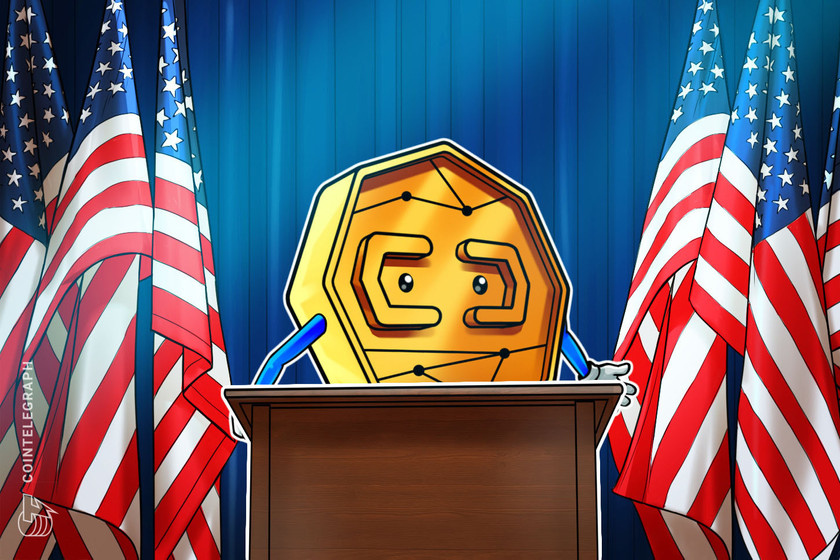US Bank collapse — Is crypto being targeted?


The latest episode of Decentralize with Cointelegraph unpacks whether U.S. regulators are targeting the crypto ecosystem through the closure of SVB and Signature Bank.
Crypto-friendly banks in the United States, such as Signature Bank, served the likes of Paxos Trust, Celsius Network and other major crypto firms now suffering due to the recent decisions taken by the Federal Deposit Insurance Corporation (FDIC) and New York State Department of Financial Services.
Silicon Valley Bank (SVB) reportedly handled over $5 billion of funds for a handful of cryptocurrency venture capital funds, including Andreessen Horowitz, Paradigm and Pantera Capital, in recent years.
USD Coin (USDC) issuer Circle was directly affected by the closure of SVB, with $3.3 billion tied up in the bank after its closure. Cryptocurrency markets were directly affected, with USDC temporarily losing its peg to the U.S. dollar for several days.
Several high-profile commentators in the U.S. have suggested that there is mounting pressure on banks to stop serving cryptocurrency-related businesses. Meanwhile, a spokesperson from the FDIC has refuted claims that the future sale of Signature Bank would not require divestment of crypto activities.
Related: TradFi and DeFi come together — Davos 2023
Cointelegraph business editor Sam Bourgi and journalist Gareth Jenkinson break down the major talking points from the U.S. banking collapse fiasco and discuss whether regulators are targeting the cryptocurrency industry nationwide.
The closure of major U.S. banks by regulatory institutions has been a significant talking point this week, with several high-profile cryptocurrency firms hamstrung by decisions taken in America.
Check out Decentralize with Cointelegraph and other podcasts from Cointelegraph — including Crypto Trading Secrets, Hashing It Out, The Agenda and NFT Steez — on Apple Podcasts, Spotify, Google Podcasts or TuneIn.





